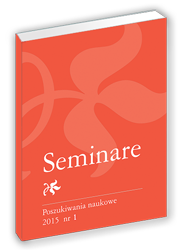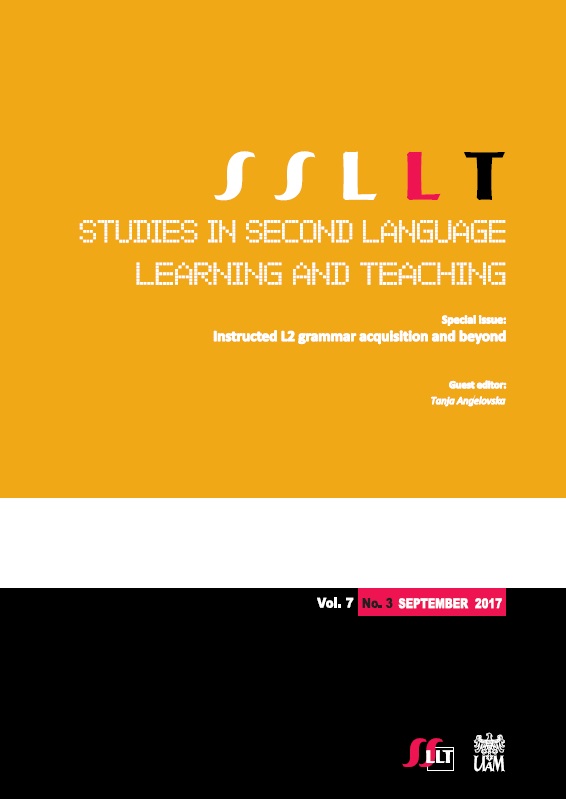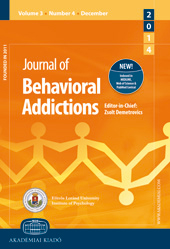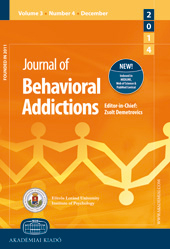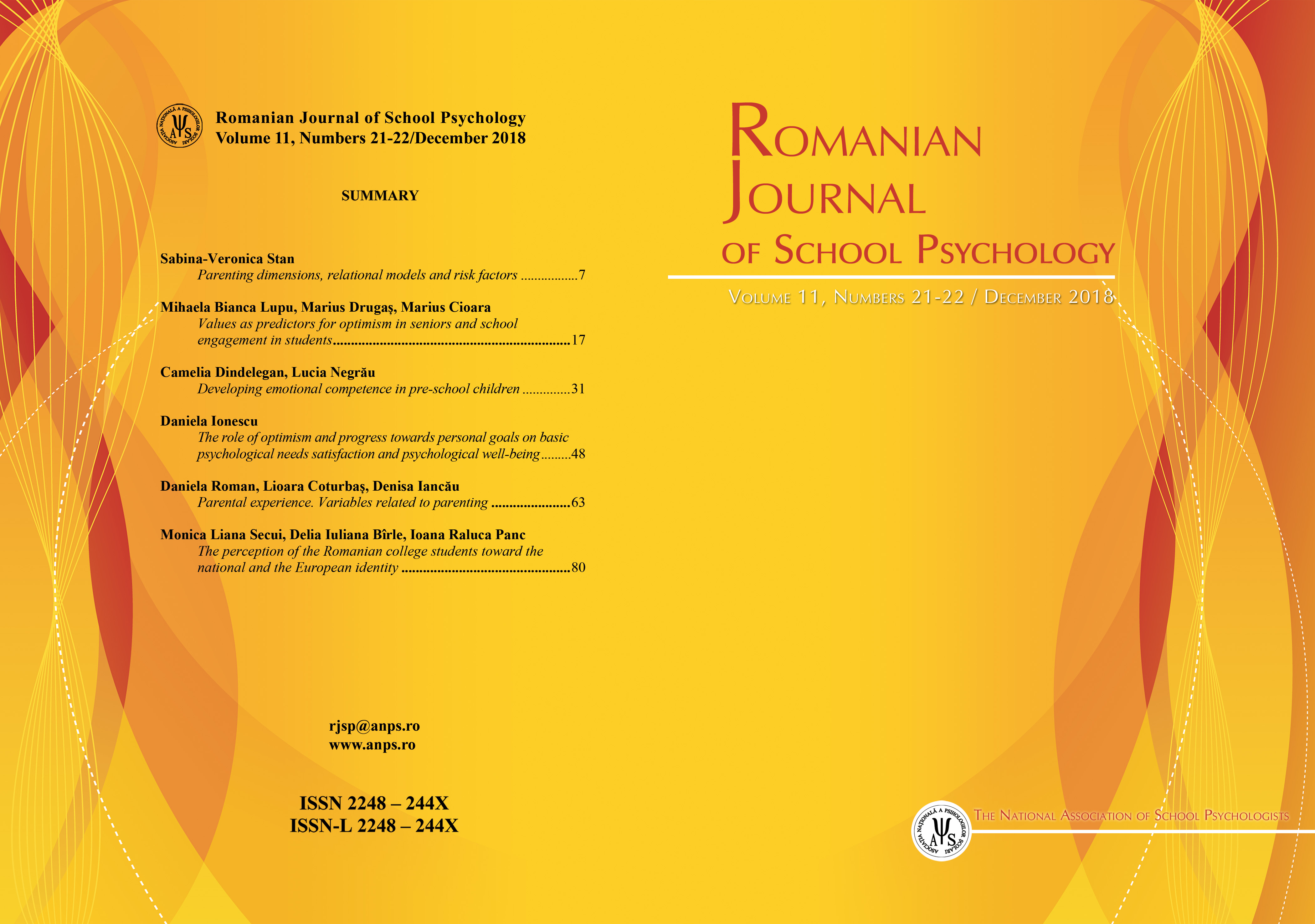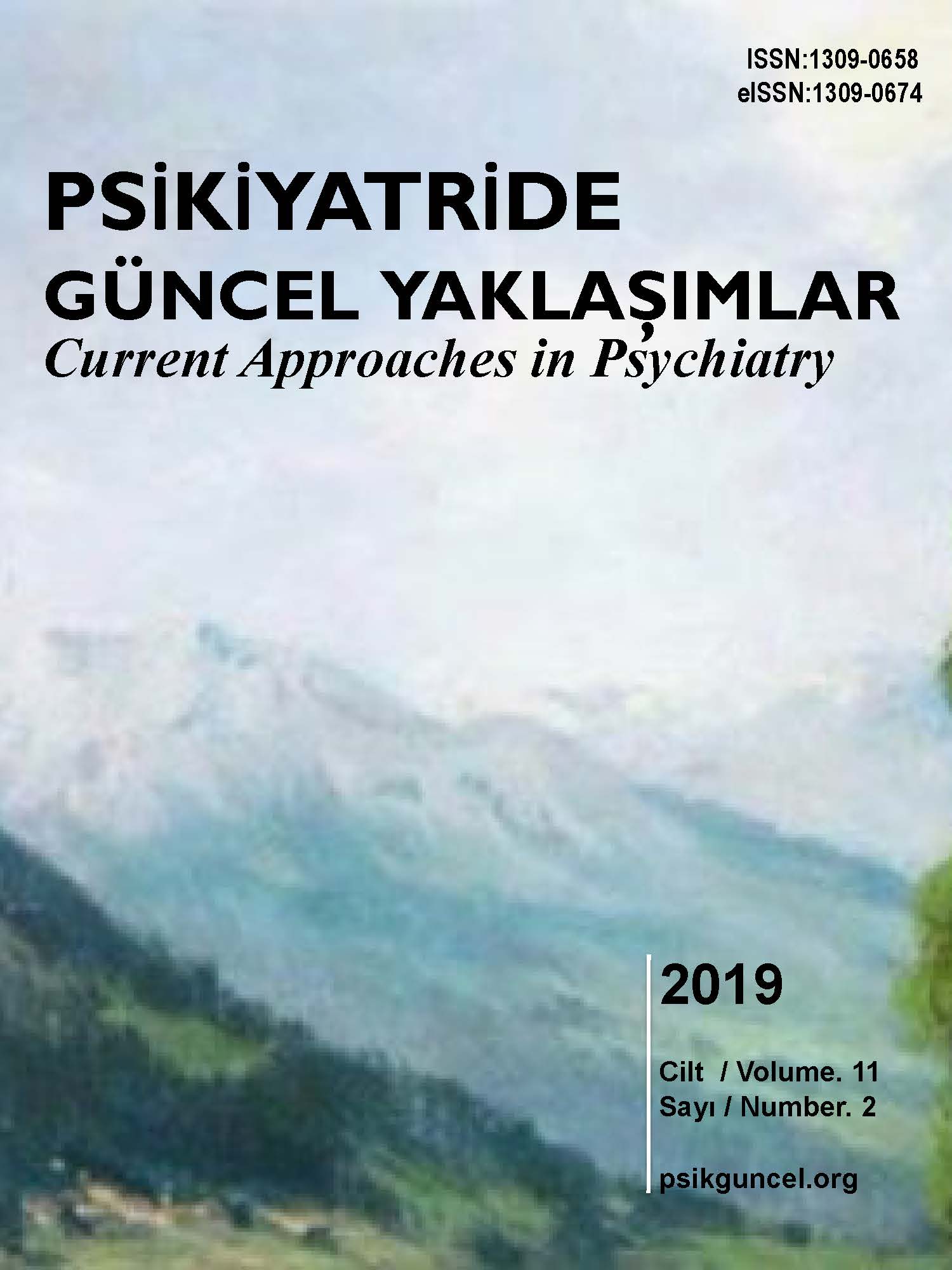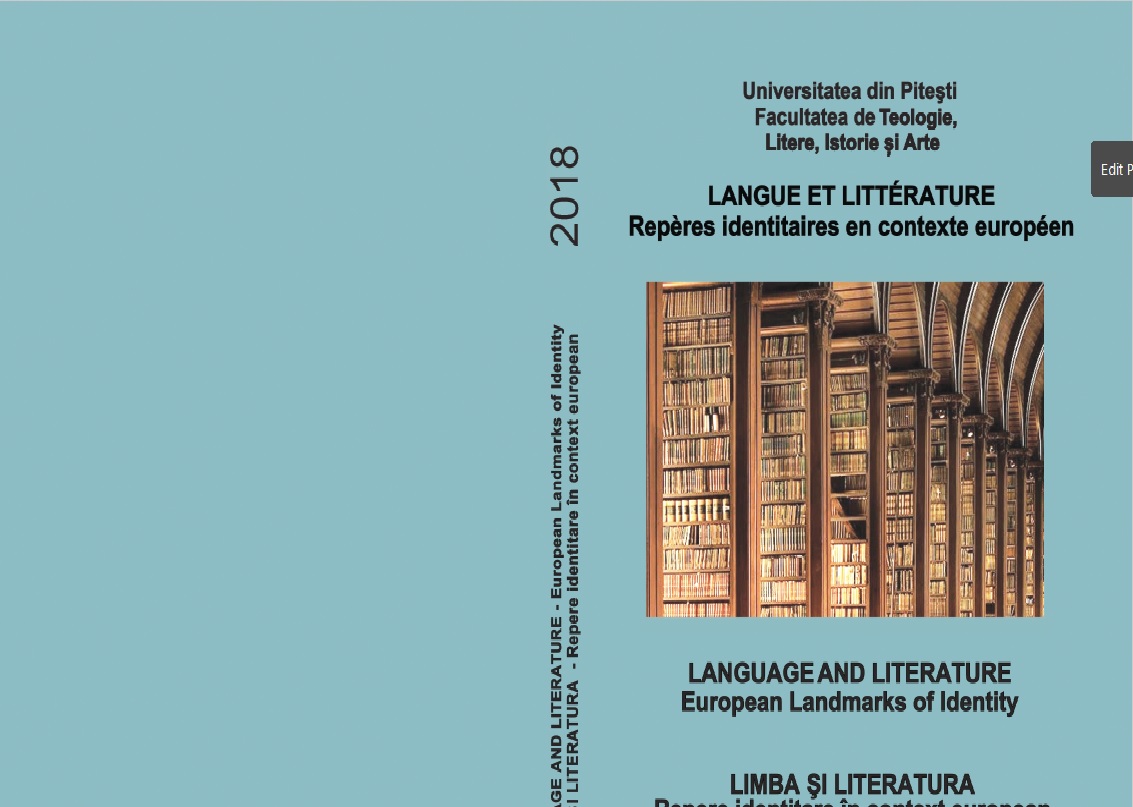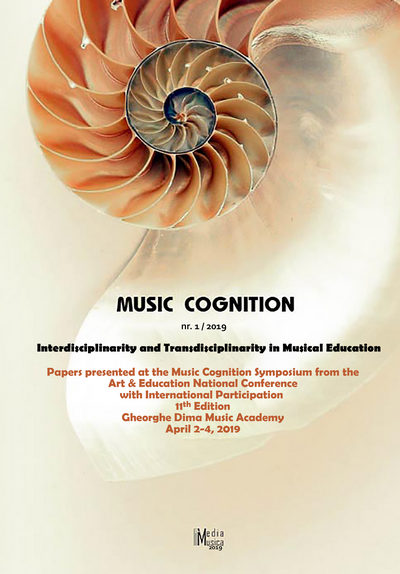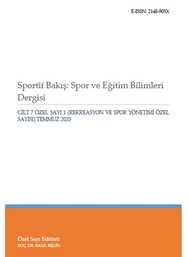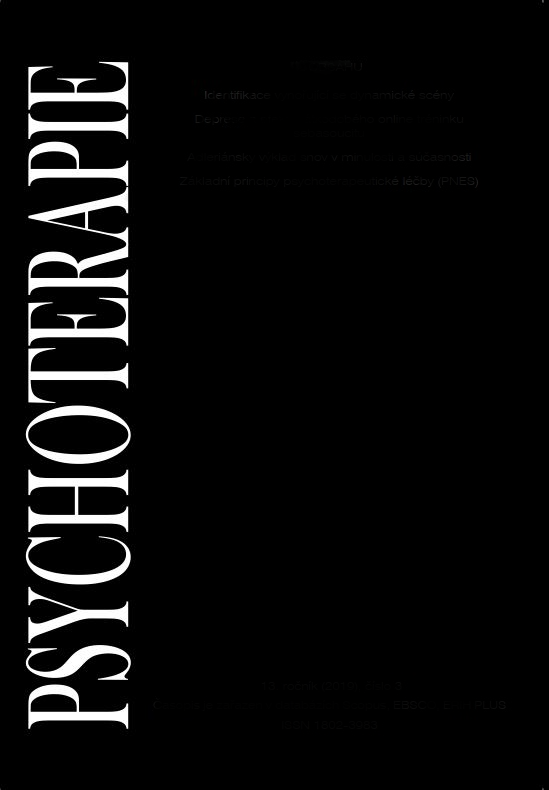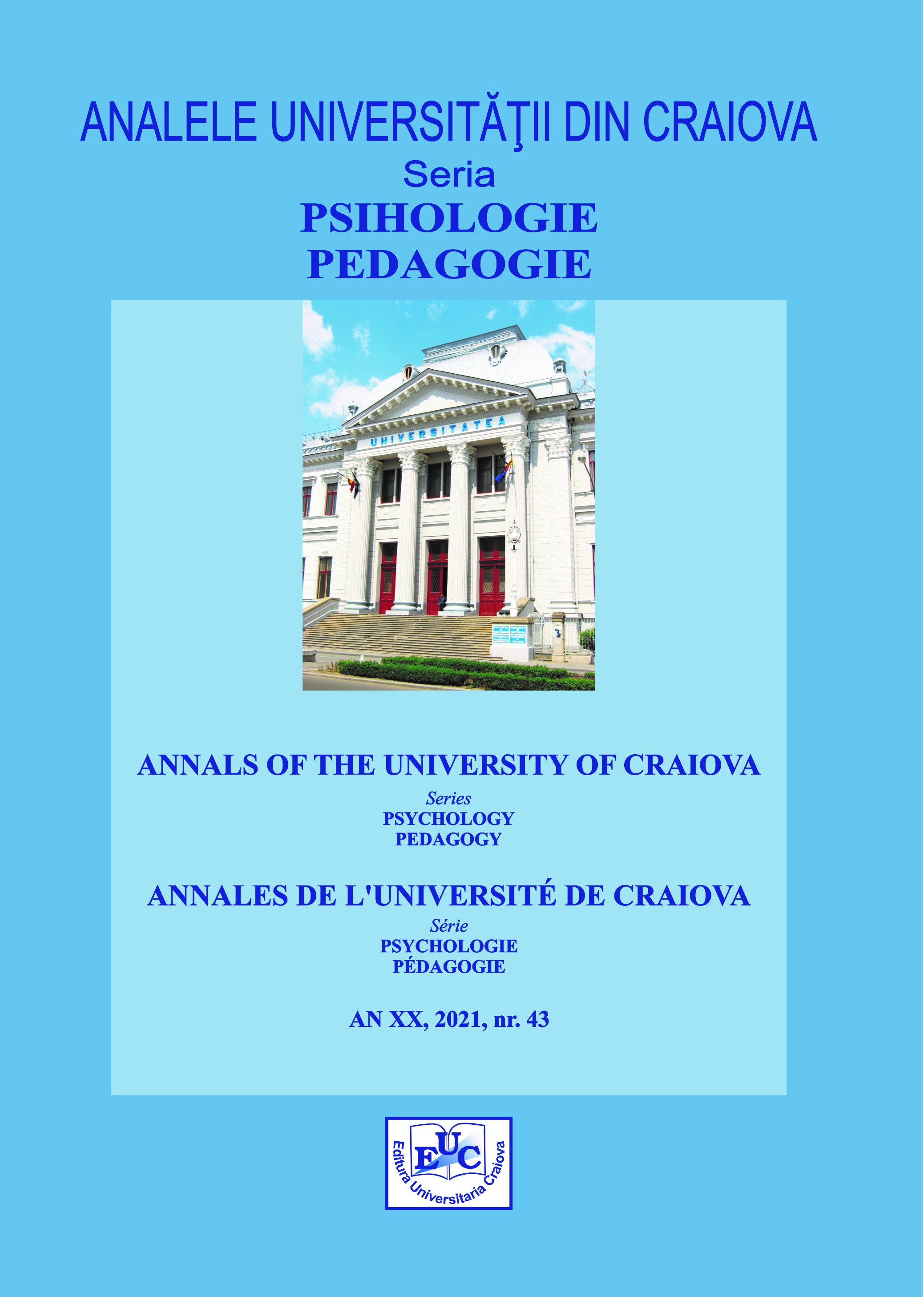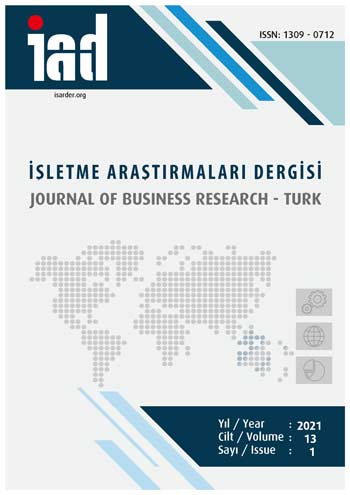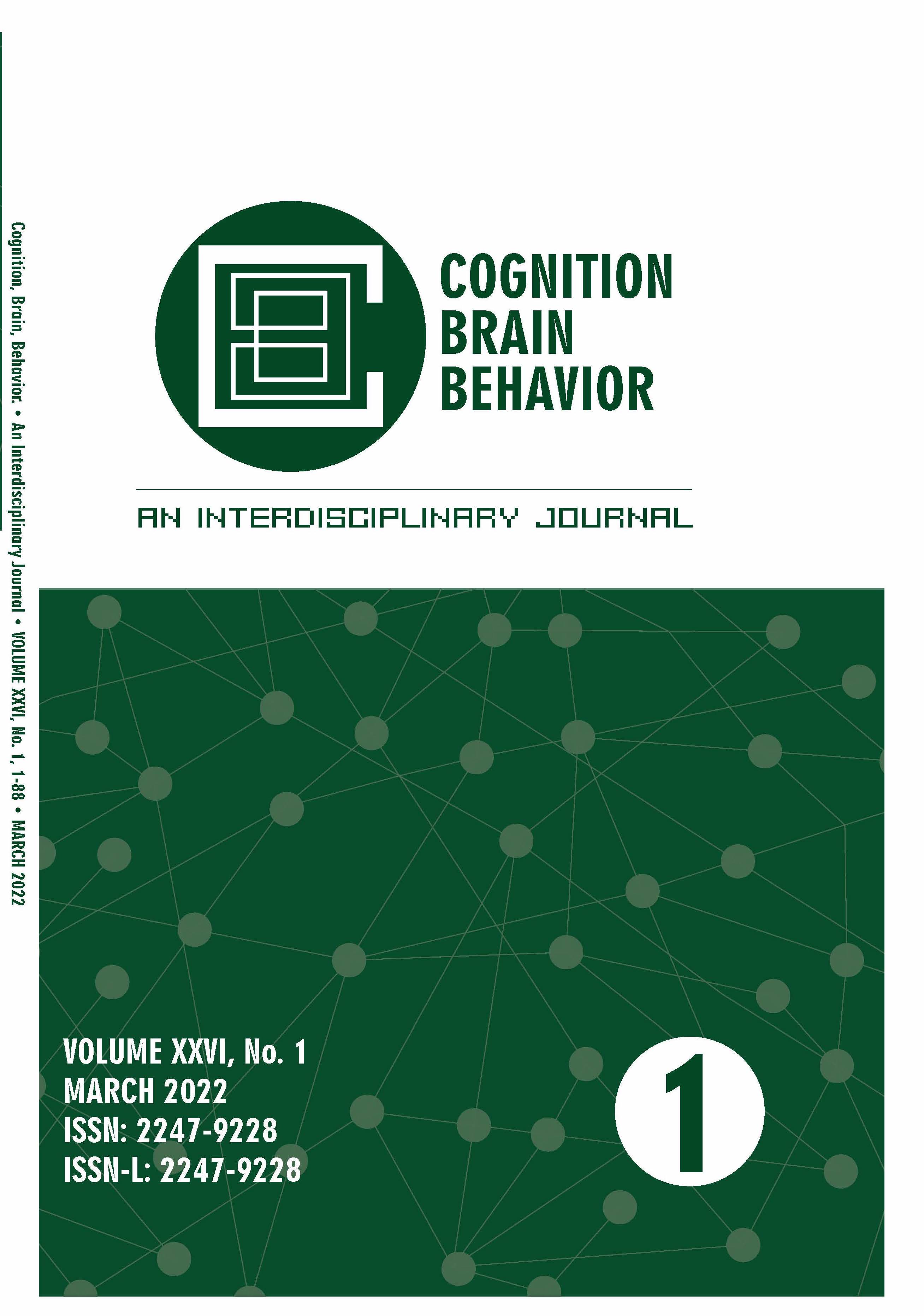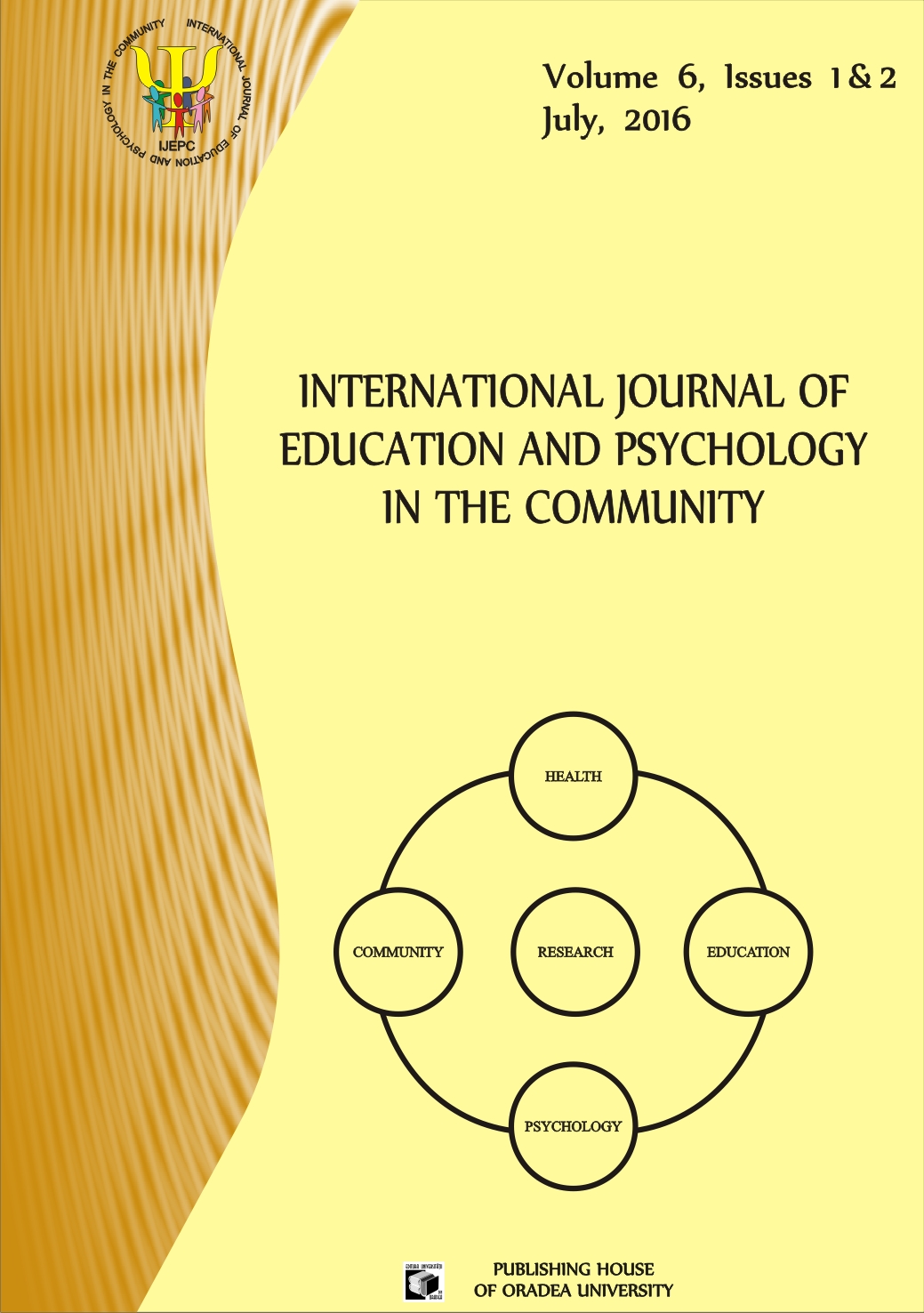
Efficacy of Behavior Modification Therapy in relation to Attention Deficit and Hyperactivity Behavior among primary school children in selected schools at Coimbatore, India
Efficacy of Behavior Modification Therapy in relation to Attention Deficit and Hyperactivity Behavior among primary school children in selected schools at Coimbatore, India
Keywords: behavior modification therapy; attention deficit and hyperactivity behavior; primary school children; academic performance
The major objective of the present study was to explore the efficacy of behaviour modification therapy to reduce Attention deficit and Hyper Activity Behavior (ADHB) among primary school children. An experimental approach was adopted and pre test post test design was employed. Multi stage sampling technique was adopted to recruit the participants. Totally 150 students with low academic performance were identified with the assistance of their respective class teachers from two selected Schools. Modified Vanderbilt Attention Deficit Hyperactivity Scale was administered to identify the attention deficit behaviour, among these low academic performance group students 60 were identified with Attention deficit and hyperactivity behavior. Behavior modification therapy was imparted to the participants for a period of 40 minutes/day for 20 consecutive working days. A post test was conducted to ascertain the efficacy of behavior modification therapy to reduce ADHB. Paired ‘t’ test was employed to find out the significant between mean scores of pre and post tests. The result revealed that there is a significant difference in the ADHB after behavior modification therapy. Thus, the behavior modification therapy attributed in the reduction of ADHB and academic performance was found to be enhanced among students.
More...
